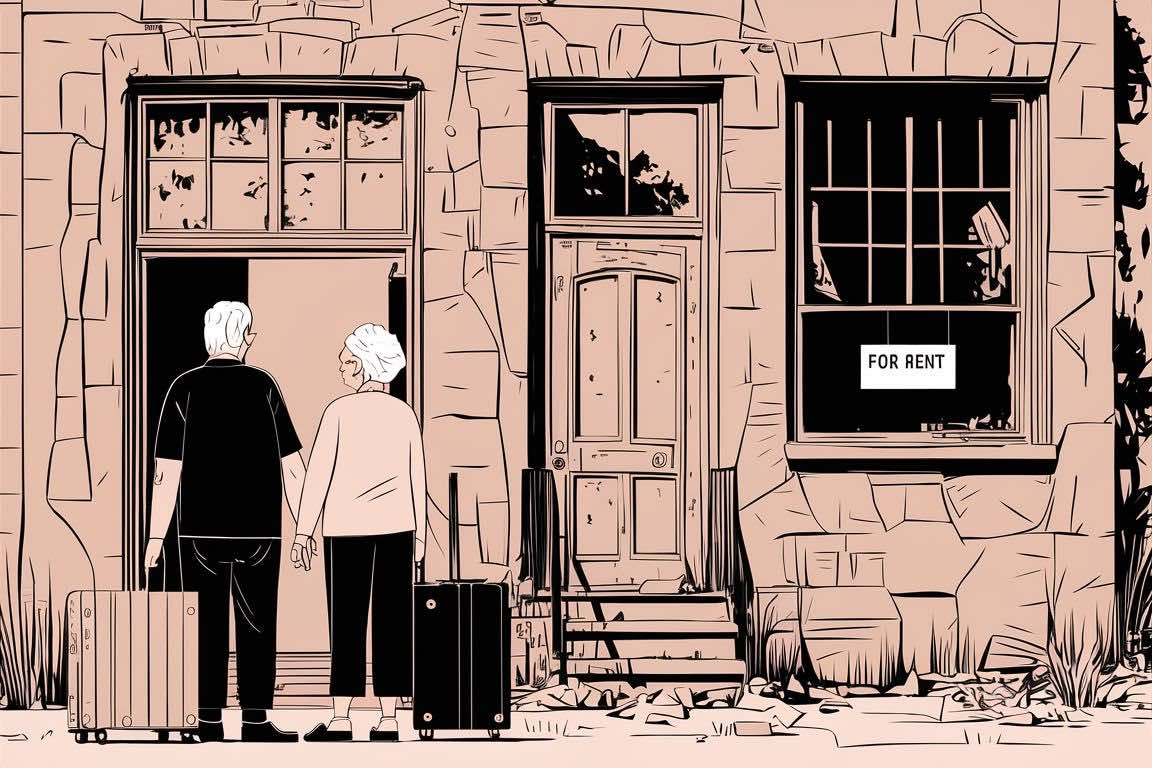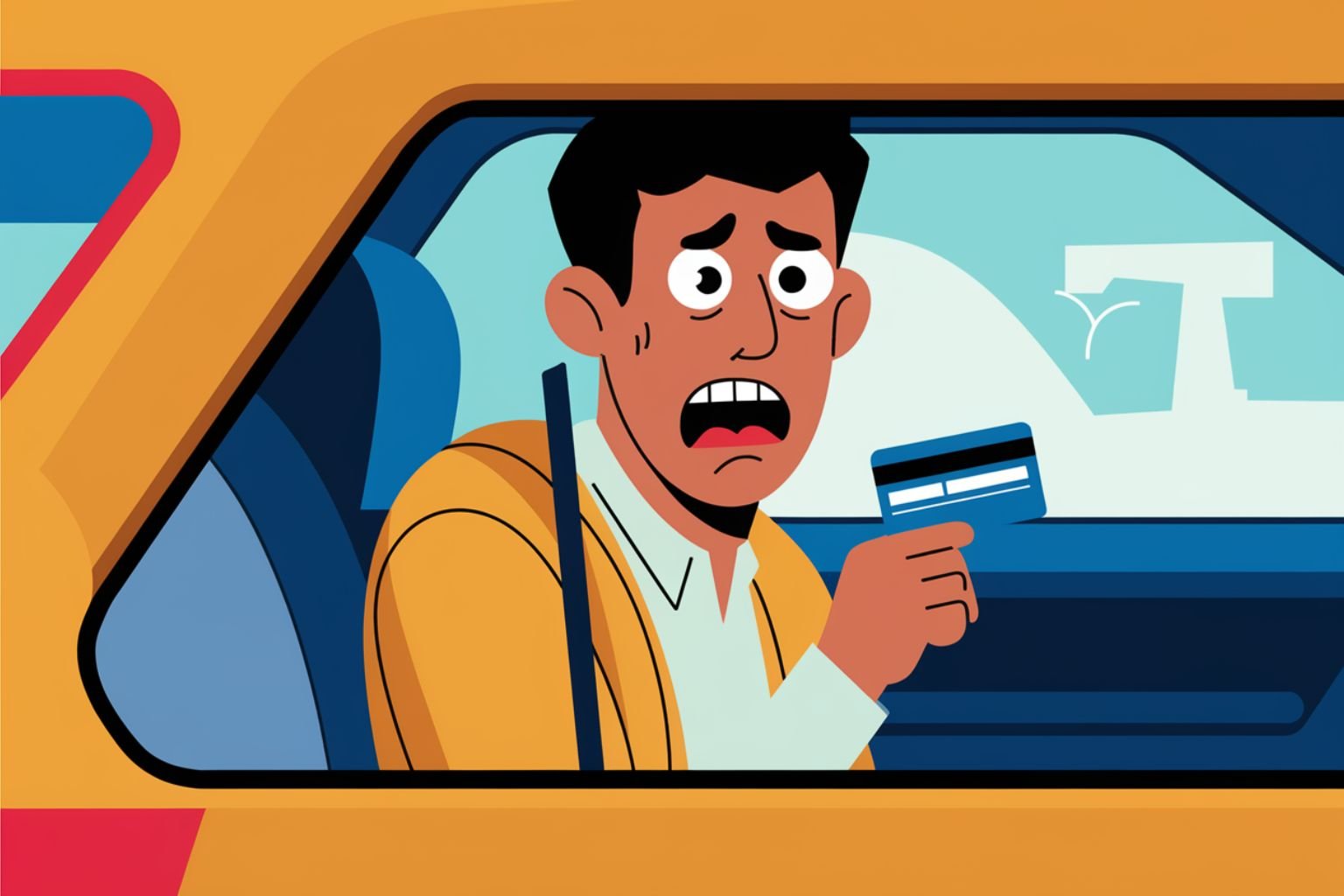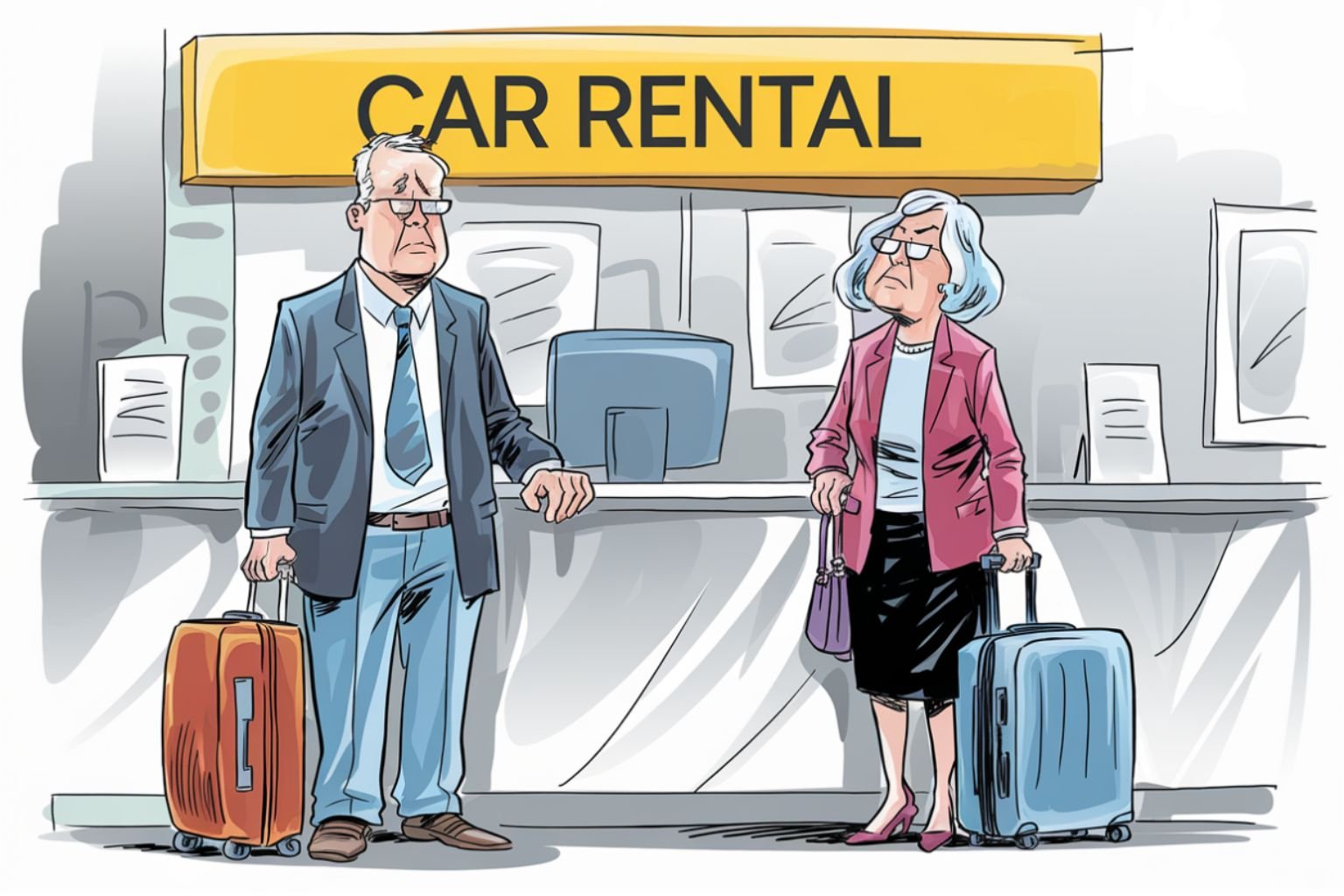Mark Hartwig’s vacation rental in Montreal was “such a bizarre experience” that he has trouble putting it into words.
He’d booked the apartment for 10 days through Vrbo, a trusted online vacation rental platform. But when he arrived, the place was a “disaster.” And then the owner asked him to do something that’s so unusual, I’ve never heard of it.
But that’s nothing compared to what Vrbo did — or, more specifically, didn’t do.
Hartwig’s Canadian rental is yet more evidence — as if we needed any — that Vrbo’s customer service has taken a serious turn for the worse. It’s also a cautionary tale for anyone considering a vacation rental this summer.
There are opportunists, predators and weirdos out there, and they are happy to rent a home to you through Vrbo. And Vrbo is apparently happy to let them do it.
Hartwig’s case raises a few questions:
- What should you do if your rental is a real disaster?
- Who does Vrbo really represent?
- Can you trust Vrbo anymore?
The resolution to this case is not what you would expect. You’ll see what I mean in just a minute.
Here’s what a disastrous Vrbo rental looked like
But first, let’s see what happened to Hartwig.
“When we arrived, the unit was a disaster,” he told me. “It was very dirty, with a putrid smell. There were moldy coffee grounds in the coffee maker. There was expired and rotten food in the fridge. It looked worse than a budget motel.” (Related: There’s another guest in our vacation rental! Can we get a refund, please?)
Here’s the text message his wife, Mary, sent to the apartment’s manager, Mohammed.
We are very disappointed and upset at the poor condition of the apartment!
Finding the rug in the bathroom dirty, as well as kitchen cabinets.
Worse than that is a musty odor and a rotten odor. I found two packages of chicken with expired dates. There is also an old coffee filter in the coffee pot with moldy coffee grounds.
I can’t believe that you ever got approved as a Vrbo host.
The host offered a sheepish apology and agreed to clean up the mess. The Hartwigs also contacted Vrbo. A representative said their problem was “minor” and that they should resolve it with the host.
The Hartwigs tried. They repeatedly asked the owner to clean the apartment. But five days later he still hadn’t sent someone over to address the many problems.
So the Hartwigs left. And that’s when things got … weird.
A “suspicious” plan to fix the problem
After three days of back-and-forth with Mohammed and Vrbo, the property’s owner, Luis, finally contacted them to apologize.
During a phone call with him, he presented a “suspicious” plan, remembers Hartwig.
“He said if we would work with him, he could help us get a partial refund from the host and get Vrbo to pay for our hotel.” (Related: Vrbo refund problem: The company owes me $21,014 for my replacement rental in Hawaii!)
Luis said they would have to tell a little white lie to get a full refund from Vrbo. They would say that Luis had asked them to leave the property and that they had lost their money and credit cards “and were destitute.” (Related: Do I have the right to privacy in my vacation rental? Maybe not in this one.)
That sounded suspicious to the Hartwigs, so they declined. Instead, they filed a dispute with their credit card company, Bank of America.
I’ll tell you how that dispute went in a minute. But first, a few questions.
What should you do if your rental is a real disaster?
If you check into a rental that’s unacceptable, don’t despair. You can get your problem fixed by taking a few simple steps.
Take photos
You need evidence. The only way to do that is with pictures or videos. Make sure your photos include all relevant metadata which shows time and location.
Contact your host
Give your host a chance to take care of the problem before you escalate it to the platform. Be sure you have written evidence that you’ve contacted the host. Text messages or email will do just fine. (Related: Mold in my vacation rental! I want a refund from Vrbo.)
Note: Remember that if you’re working with a platform like Airbnb or Vrbo, you only have a day or two to report a problem. If you wait too long, the next step might not work.
Notify the rental platform
You’ll want to do this in writing. Keep a paper trail of your interaction with Airbnb or Vrbo. Forward all the interactions you’ve had with the host so far. But stay off the phone if possible.. Remember, without a paper trail, you’ll be at a severe disadvantage.
Try an executive
I publish the names, numbers and email addresses of the Airbnb customer service executives and Vrbo customer service executives on this site.
Didn’t work? File a credit card chargeback
If you paid with a credit card, try initiating a credit card dispute with your bank. Iif you can prove the rental was not what you booked, you could get a full refund.
Tips for complaining about a vacation rental
Filing an effective complaint about your vacation rental is difficult because it’s happening to you in real time. It’s almost impossible to be clear-headed when you’re stuck in a smelly, dirty home. But here are a few strategies that might make it easier.
No phone calls
If you need to call the owner because of a moldy rug, follow up immediately with an email to fully document your call.
Create a complete paper trail
Document everything with photos, videos, emails, texts, receipts and contracts. Let this documentation do the talking for you when you present your case. For example, if a fan is making a loud noise, don’t write a novel about it. Put your phone up to the fan, press “record” and then send the sound file to the host.
Write a brief, polite email
Describe the problem and the resolution you want (use the Elliott Method for the best results). Pro tip: Avoid “laundry lists” with multiple complaints. While they may be valid, these lists make you look like a whiner. Instead, focus on one or two big problems, like a dirty bed or a resident chipmunk. If you refer to other problems, do it succinctly.
Be reasonable and open to negotiations
You won’t get a full refund on your rental if the hot tub doesn’t work, but the owner might offer a partial refund or credit. Be open-minded about a resolution. Managers will do their best to accommodate you, but they may not meet your initial demand. Be flexible.
Avoid threats, such as leaving a bad review or contacting law enforcement. That’s already implied when you contact the vacation rental company. Making it explicit just makes you look desperate. If you want to go the legal route or review-bomb the manager, just do it. Threats aren’t necessary and won’t help you.
Who does Vrbo really represent?
This case, and others like it, raise a bigger question about vacation rental platforms. Who do they really represent? Are they advocates for guests — or for hosts?
The economics of vacation rental platforms are interesting and a little complicated. (Related: My vacation rental had cameras in the bedroom. Can I get a refund?)
Vrbo’s policies often seem to favor hosts over guests. For example, if you damage a property, the host can charge your credit card for the damage with little due process.
Vrbo charges its hosts a 5 percent service fee, calculated from the total reservation amount, which includes extra charges like cleaning or pet fees. It also charges a 3 percent payment processing fee. But commissions can be as high as 15 percent if you are using Vrbo’s proprietary reservation system. (Here’s our guide to renting a vacation home.)
In other words, Vrbo has an economic incentive to be more loyal to its hosts. Over time, hosts generate more revenue than even the most frequent guests. And Vrbo’s actions in many of our recent cases seem to confirm that bias. While sites like Vrbo and Airbnb claim to be there for their guests, they are really advocates and representatives of their true customers — the hosts.
Can you trust Vrbo anymore?
That raises another question: When you rent a home or apartment through Vrbo, can you trust it to be impartial if you have a dispute with a host?
I think there was a time a few years ago when Vrbo was trying to play it right down the middle, balancing the needs of guests and hosts. But I’ve noticed a real shift in the last year or so, where Vrbo guests with legitimate complaints are told their issues are “minor” and referred back to hosts. And, as I review my files, it’s rare for a host to get delisted for offering a substandard apartment on Vrbo, which seems to suggest Vrbo is loath to lose a customer, even if it’s a bad customer. (Related: She left her “unsafe” Vrbo rental. Can she get her money back?)
So can you trust Vrbo? Not entirely. I would not trust any of the reviews I see on Vrbo (they’re easily manipulated) and would cross-check the listing on a platform like HiChee, which allows you to see where else the home has been listed. Read all the reviews, and then make an informed decision.
If you have a problem with a Vrbo rental, chances are Vrbo will refer you back to the host or owner to work out a resolution. That’s what happened to the Hartwigs, even though their rental was obviously uninhabitable.
To me, it seems as if Vrbo has made an internal calculation. To stand out from Airbnb, it must align itself with hosts, taking a more pro-host attitude and siding with owners in most disputes. That makes sense economically. You want to keep your real customers happy.
We, the guests, think we’re the real customers. But we aren’t.
A bizarre ending to a very weird Vrbo case
I contacted Vrbo on behalf of the Hartwigs. A few days later, Vrbo contacted the couple to apologize and it offered to refund them $134, which represented its service fee.
“For the remaining refund of our booking costs, they recommended filing a chargeback with our financial institution,” Hartwig says.
Problem is, the Hartwigs had already filed a chargeback. And their bank had denied them — three times.
No problem, said the Vrbo rep. The platform didn’t show a chargeback in its system, so they could try a fourth time to see if it worked.
“Here’s hoping for the best,” she says.
It didn’t work. Even though the Hartwigs had a document that agreed to refund the customers, Bank of America sided with the shady owner a fourth time.
It looked like the unscrupulous Vrbo host would be able to keep their money.
So I contacted Bank of America.
That prompted a phone call from the bank. A representative opened all the documents and began reviewing them with the Hartwigs.
“I said that it had been such a bizarre experience for us that I wasn’t sure the documentation did the situation justice,” explained Mark Hartwig. “My wife and I then told our story to go along with the documentation.”
Bank of America asked the Hartwigs to send them a credit card statement showing they had been charged for the rental. (Which seems kind of weird since they would have all of that information already.)
“A few days later, a bank representative called to say that Bank of America was going to credit our credit card for the remainder that we’d paid Vrbo,” he says. “We are so thankful for all your help on our behalf.”
I’m happy we could get this resolved. But the takeaways from this case are troubling.
Increasingly, Vrbo appears to be on the host’s side, not yours. Telling you to dispute your credit card charges is a red flag and a cop-out, and it really makes me have second thoughts about using Vrbo in the future.




